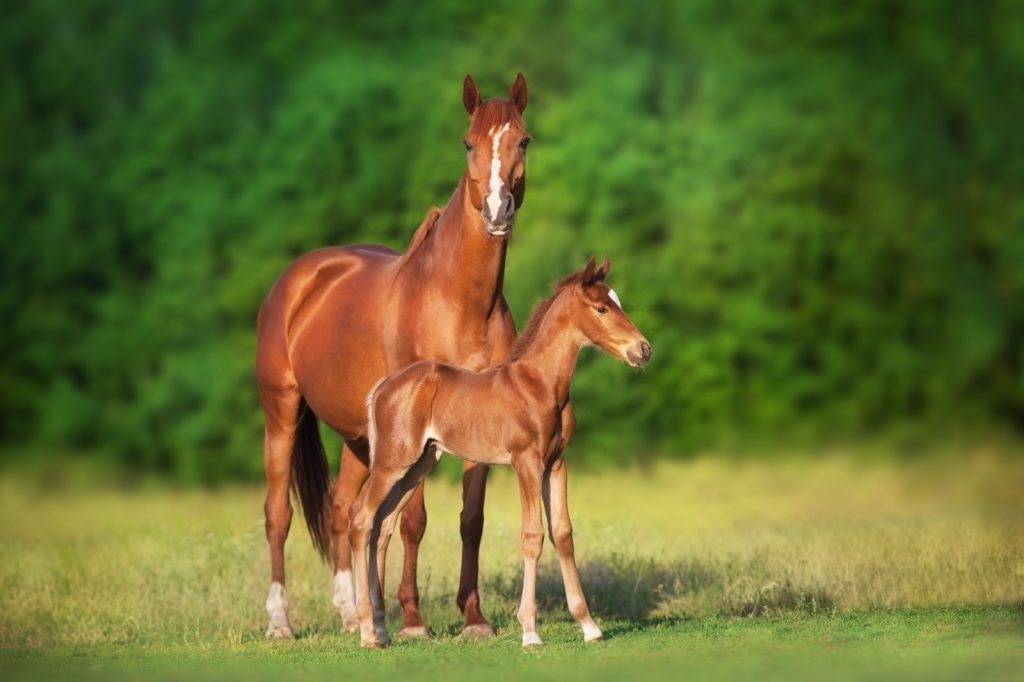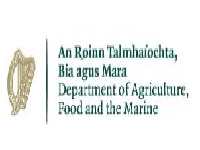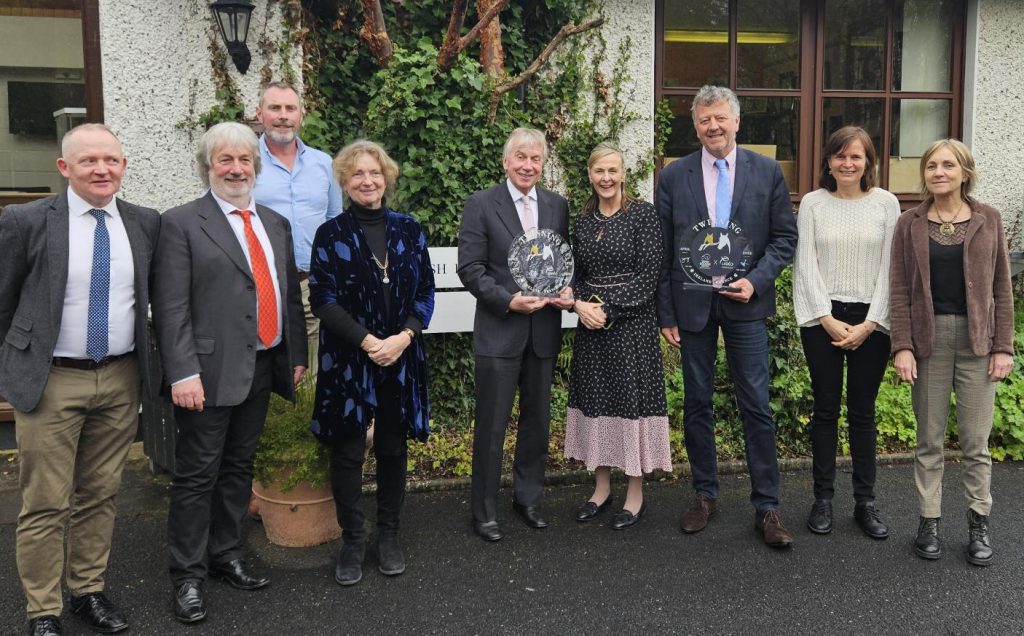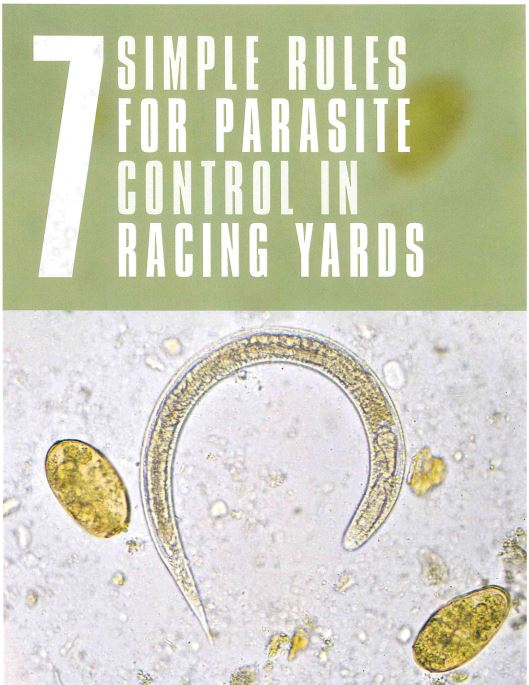Equine breeders warned to be vigilant for disease after surge in cases

The Irish Equine Centre has urged horse breeders to be vigilant for symptoms of Rhodococcus equi infection, after seeing a marked increase in the number of cases in recent weeks. Please see full details in Irish Examiner article below: https://www.irishexaminer.com/farming/arid-41437864.html We urge all of our horse breeding customers to be aware of the current […]
Important Notice from DAFM re: Importation of horse semen

Please see notice from DAFM released this week regarding importation of semen into Ireland. Notice to all equine stakeholders involved in Artificial Insemination of equines in Ireland
Irish Equine Centre Agri-bioeconomy highlights and targets

Our biosecurity, biodiversity, feed, water, grass and soil packages help equine farmers, breeders and owners decrease waste (we have seen up to a reduction of 50% use of fertilisers) and greenhouse gases (up to 25% reduction) whilst increasing equine wellbeing. It’s just efficient farming (with increased grass rates of up to 20%). Advice […]
Twinning is Winning

On Wednesday, 17th April 2024 the Irish Equine Centre (IEC) and LABÉO celebrated their commercial twinning with a lunch held at the IEC. Honoured guests included Minster Martin Heydon, Minister of State at the Dept of Agriculture, Food and the Marine, the Cathaoirleach of Kildare Daragh Fitzpatrick, Mayor of Naas Councillor Bill Clear and Gaultier […]
Christmas 2023- Opening Hours

7 Simple Rules for Parasite Control in Racing Yards

European Trainer – July to September 2023 – Article: Parasite Control In Racing Yards, by Dr. James Gibbons Download Here
ITBA Salmonella

The Irish Equine Centre has detected far more cases of Salmonella in horses in 2022 and so far this year compared to previous years. Salmonella is a bacterium which is shed in the faeces of carrier animals and birds and can cause a range of disease presentations in horses. Clinical signs associated with infection with […]
